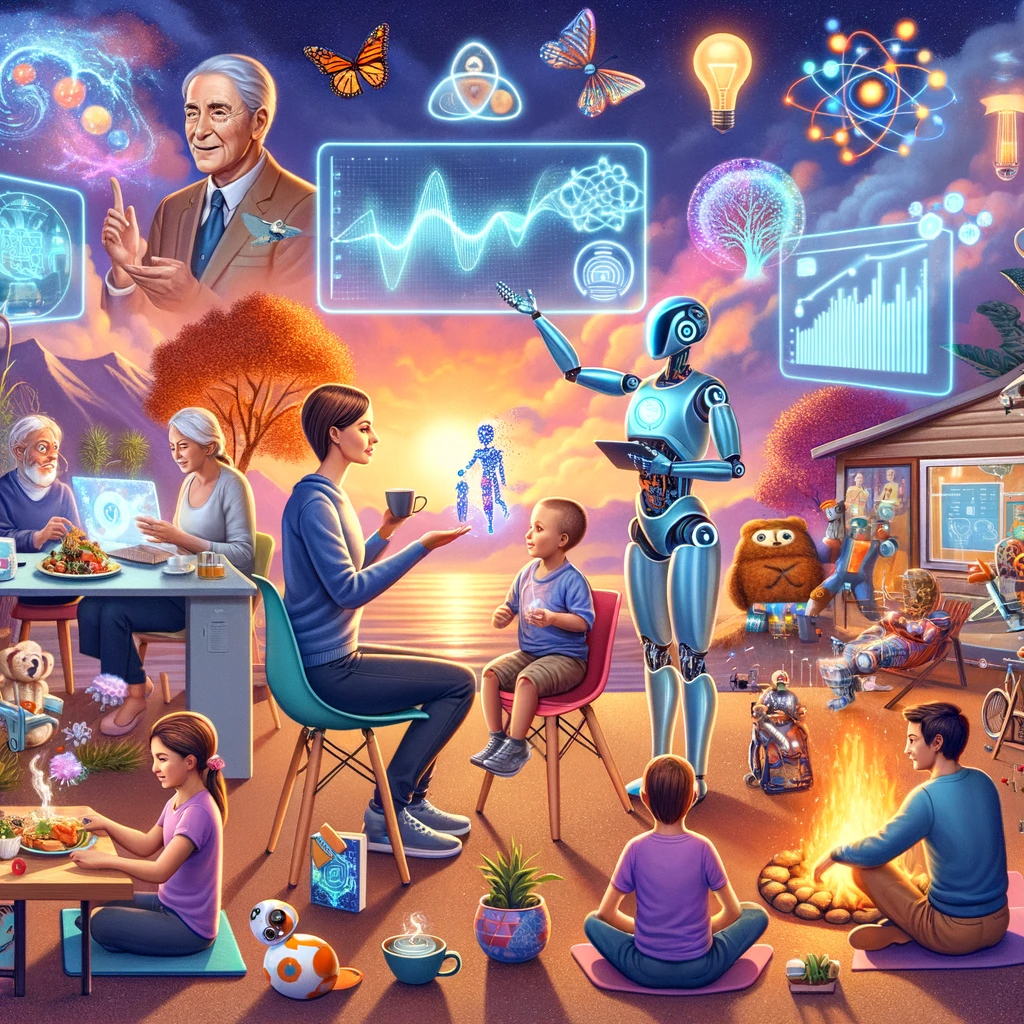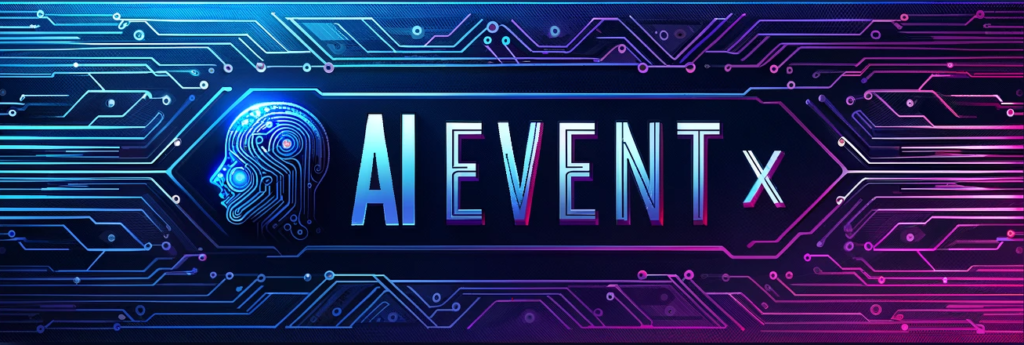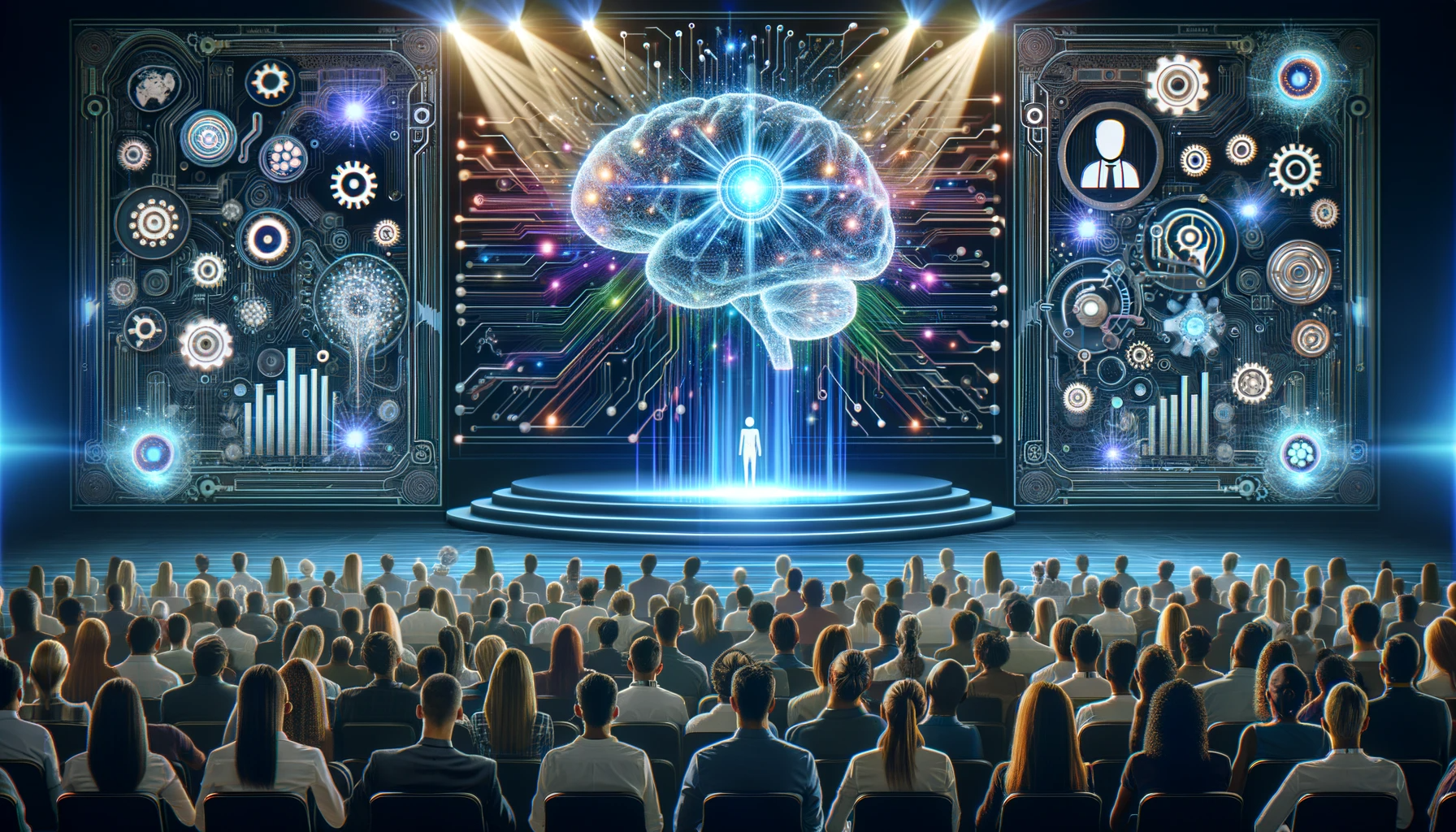In a landscape brimming with technological advancements, OpenAI has once again shattered the boundaries of what’s possible with artificial intelligence. At their inaugural DevDay conference, a series of groundbreaking updates were unveiled, heralding a new era of AI interactivity and customization.
Summary of the Major Updates:
- GPT-4 Turbo 128k Context: This enhancement means that the model can remember and utilize a larger context window, which allows for more complex and sustained interactions.
- Updated Knowledge Cut-off: With knowledge now extending to April 2023, the AI is more up-to-date on recent developments and information.
- Customizable ChatGPT Bots (GPTs): Users can create AI bots tailored to specific tasks without needing to code, making the technology more accessible to a broader audience.
- Multiple Tools in One Chat: Users can now access various capabilities like text-to-speech, image generation, and web browsing without switching between different bots.
- Reduced Prices for Developers: This makes it more economical for developers to build and deploy AI-driven applications.
- New APIs: These include text-to-speech, DALL-E 3 for image generation, and GPT-4 Turbo Vision for tasks that require understanding and analyzing images.
- GPTs Store: A marketplace for purchasing and selling custom GPTs, which could foster a community of AI creators and entrepreneurs.
Expanding the Horizon: The GPT Store and Custom AI Chatbots

In an audacious move, OpenAI is poised to open the digital floodgates with the launch of the GPT Store—an innovative marketplace for the next generation of AI chatbots. These new entities, christened GPTs, are not merely off-the-shelf solutions but are customizable agents designed to cater to a diverse array of tasks and industries. While the intricate workings of the store are shrouded in anticipation, OpenAI’s pledge to implement a revenue-sharing model signifies a new ecosystem where creators are rewarded as their GPTs are engaged.
Crafting Personalized AI: The GPT Builder’s Ingenuity
The GPT Builder platform ushers in an era where the construction of a GPT is as intuitive as conversing in natural language. Creators are now empowered to steer the capabilities and behaviors of their AI, tailoring each bot to serve bespoke purposes—be it web browsing, graphic creation via DALL-E, or software development with OpenAI’s Code Interpreter. This process is not a behind-the-scenes magic act but a transparent and collaborative effort where changes manifest in real time, allowing for immediate tweaks and iterations.
A Live Demonstration of AI Customization
Exemplifying the GPT Builder’s prowess, OpenAI’s Sam Altman took center stage to assemble an AI mentor for start-up founders, demonstrating the fluidity with which a GPT can be personalized—from naming the bot to generating a profile image, and even uploading documents to enrich the bot’s knowledge base. This demo was more than a mere showcase; it was a testament to the platform’s potential to support founders with a digital guide attuned to the nuances of entrepreneurial growth.
10 Crazy Use Cases:

- Personalized Education Tutors: AI tutors that adapt to each student’s learning style, pace, and current knowledge level, potentially revolutionizing personalized education.
- Hyper-Specific Research Assistants: Assistants that can perform deep dives into specific niches, such as compiling research on obscure medical conditions or rare biological phenomena.
- Interactive Storytellers: Bots that can craft stories in collaboration with users, adapting the narrative based on real-time input and possibly using DALL-E 3 to illustrate scenes.
- AI Companions for the Elderly: Custom GPTs that provide companionship, engage in meaningful conversations, and assist with daily routines or memory exercises.
- Business Strategy Advisors: AI that helps entrepreneurs by providing insights on market trends, generating business plans, or even simulating potential business outcomes.
- Mental Wellness Coaches: Bots trained to offer guidance and exercises for mental wellness, practicing mindfulness, or stress relief techniques.
- Language Learning Coaches: GPTs that simulate natural conversations in various languages, correcting grammar, pronunciation (via text-to-speech), and teaching cultural nuances.
- Recipe and Nutrition Guides: AI that can create custom meal plans based on dietary restrictions, flavor preferences, and nutritional needs, possibly with DALL-E 3 to visualize dishes.
- Fitness Trainers: AI trainers that provide personalized workout regimes, monitor progress, and adjust plans based on feedback or even injury reports.
- Environmental Data Analysts: Custom GPTs designed to process and interpret environmental data to provide insights on climate change, pollution, or conservation efforts.
Privacy and Ethical Considerations:
The assurances from OpenAI regarding privacy and monitoring to prevent misuse are crucial. As these GPTs become more integrated into everyday activities, ensuring they are used responsibly and ethically will be essential. The commitment to privacy means that even creators of GPTs cannot access private conversations, which is a significant consideration for user trust.
Overall, these advancements open up a new frontier for AI applications, democratizing the creation of sophisticated AI tools and potentially leading to innovative solutions across various industries and aspects of life.

